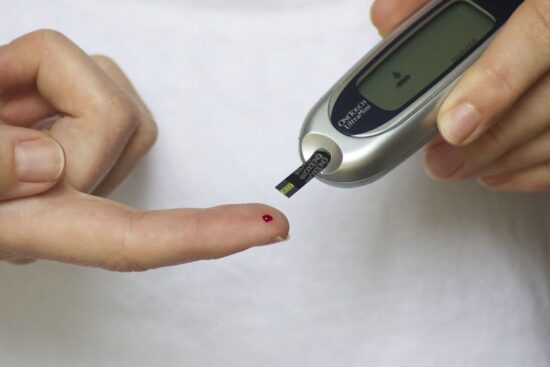Molecular Characterization and Antibiotic Susceptibility Pattern of Bacterial Strains Isolated From Wound of Patients With Diabetes
Diabetic wound infections are susceptible to various pathogens, particularly bacteria, due to the immunocompromised state of diabetic patients. Staphylococcus aureus is frequently implicated in diabetic wounds. To ascertain the presence of multiple antibiotic resistance in bacterial pathogens derived from diabetic wound infections, a comprehensive analysis is required.
The findings of this study revealed that a collective sum of 122 bacterial isolates was acquired. The conclusions of the antibiotic susceptibility analysis revealed that the gram-positive isolates had a higher level of resistance to penicillin G (93.18%). However, they demonstrated sensitivity to vancomycin (100%) and linezolid (LZD) (95%). The gram-negative isolates exhibited complete resistance, at a rate of 100%, to penicillin, specifically amoxicillin (AMC), as well as to sulfonamides, such as sulfamethoxazole/trimethoprim (SXT), which belong to the antibiotic classes mentioned.
AMR NEWS
Every two weeks in your inbox
Because there should be one newsletter that brings together all One Health news related to antimicrobial resistance: AMR NEWS!





